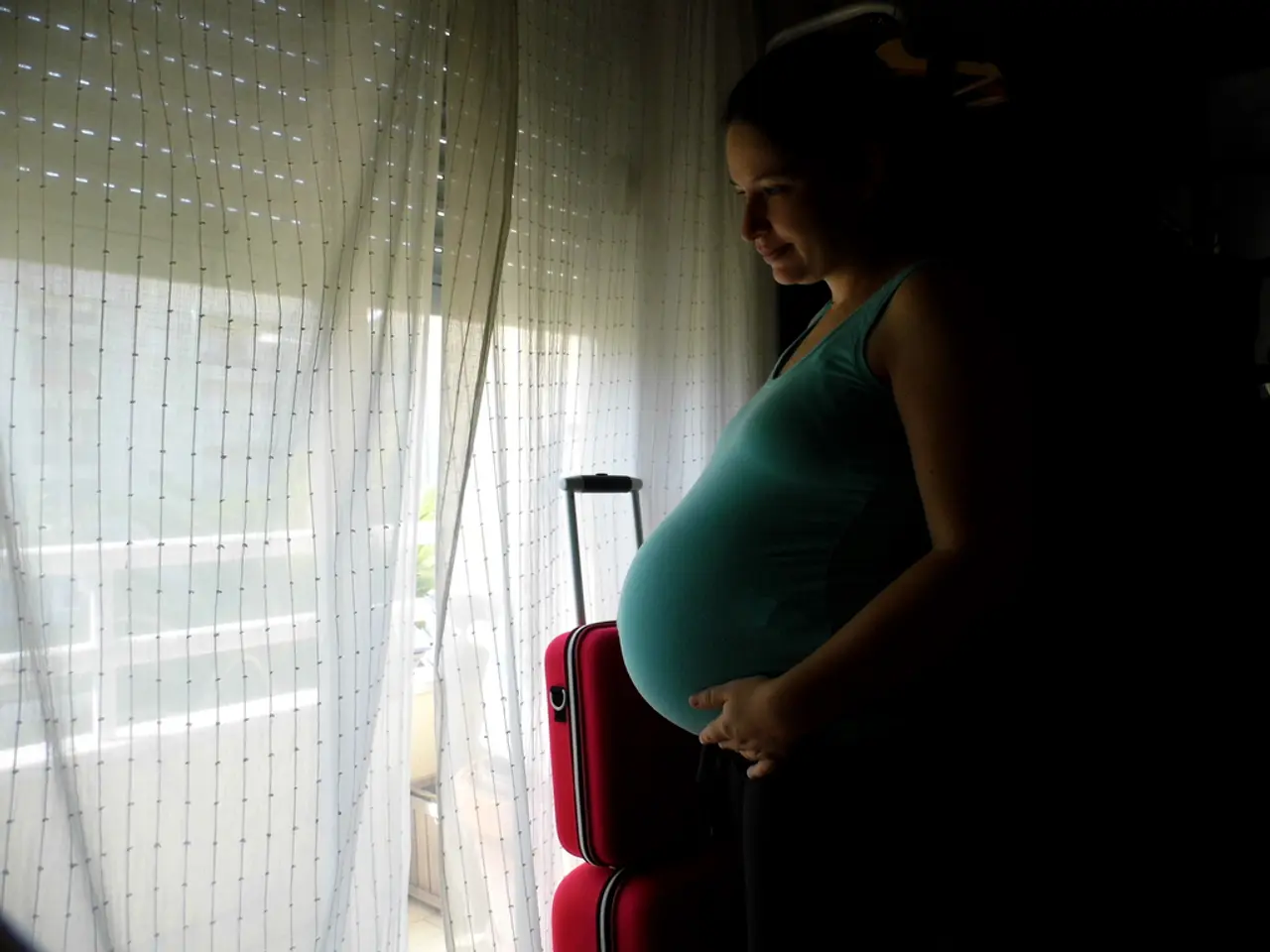Funding strategies should take into consideration the needs of women in the process of societal progress.
In a world where women's labour force participation amounts to just under 47%, compared to 72% for men, the need for change is evident. This gender disparity is not limited to the workforce, as it also extends to finance and economic opportunities.
Recent statistics show that the total finance gap for women-led micro, small, and medium-sized enterprises is an estimated US$1.7 trillion. This gap is a significant barrier to women's economic empowerment and sustainable development.
Recognising the urgent need for action, the development community has been urged to address the structural barriers women face, not just in the context of international cooperation, inequality, and sustainable development, but also in areas such as sustainable finance, innovation, artificial intelligence, and inclusion.
The Fourth International Conference on Financing for Development (FfD4) has outlined several initiatives and strategies to increase women’s access to finance and close the gender gap. These include commitments to gender equality and women’s empowerment, the establishment of the Sevilla Platform for Action, and calls for gender-responsive financing approaches.
The Sevilla Commitment, adopted at the conference, targets poverty eradication, female entrepreneurship, and ensuring equal access to financial services for women and girls. The Sevilla Platform for Action aims to mobilize partnerships among governments, civil society organizations, and the private sector to advance concrete initiatives to close gender financing gaps and significantly increase investments dedicated to gender equality in finance.
Recognising the economic benefits of investing in gender equality, the initiatives emphasise that doing so could increase global GDP by over 20% and prevent significant financial losses in low- and middle-income countries associated with the gender gap in internet access and usage, a key factor for financial inclusion and economic participation by women.
The call for a robust implementation and accountability framework is crucial to ensure that these commitments translate into real progress rather than remain symbolic. This highlights the need for sustained collaboration across sectors.
Engagement of youth, feminist, and Global South advocates in shaping the agenda is essential to ensure that the financing framework addresses systemic barriers faced by women and historically excluded communities. This includes advocating for increased Official Development Assistance (ODA) targeted at gender equality and women’s rights.
Civil society organisations, such as PAI, have called for transformative and inclusive financing that centres women’s sexual and reproductive health and rights (SRHR), asserting these as essential for sustainable development and economic participation of women.
Building a global financial architecture that expands women’s access to finance, boosts their labour participation, and promotes shared prosperity requires multisectoral partnerships, gender-responsive funding, accountability, and advocacy from diverse stakeholders. The time to invest in women and girls is now, as it is smart economics.
Despite progress, women continue to face significant barriers. In 2023, only 26 of the International Monetary Fund's 190 members had female finance ministers, and many international financial institutions, finance ministries, and central banks have never had a woman at the helm.
The development community must address these structural barriers head-on, not just at FfD4, but in the years to come. The potential benefits for the global economy, as well as the lives of millions of women and girls, are too significant to ignore.
[1] FfD4 Outcome Document: https://ffd4.org/wp-content/uploads/2021/07/FfD4-Outcome-Document.pdf [2] PAI: https://www.pai.org/ [3] GWL Voices: https://gwlvoices.org/ [4] Sevilla Platform for Action: https://gwlvoices.org/resources/sevilla-platform-for-action/
- To bridge the $1.7 trillion finance gap for women-led businesses, it's crucial to implement gender-responsive financing approaches as part of the strategy to empower women economically and achieve sustainable development, as outlined in the Fourth International Conference on Financing for Development (FfD4).
- Advocating for increased Official Development Assistance (ODA) targeted at gender equality and women’s rights is essential, as it could encourage feminist, Global South advocates, and civil society organizations like PAI to shape the agenda and address systemic barriers faced by women and historically excluded communities.
- Recognizing that investing in gender equality can increase global GDP by over 20% and prevent significant financial losses associated with the gender gap in internet access and usage, building a global financial architecture that expands women's access to finance, boosts their labor participation, and promotes shared prosperity is essential, making it smart economics.



